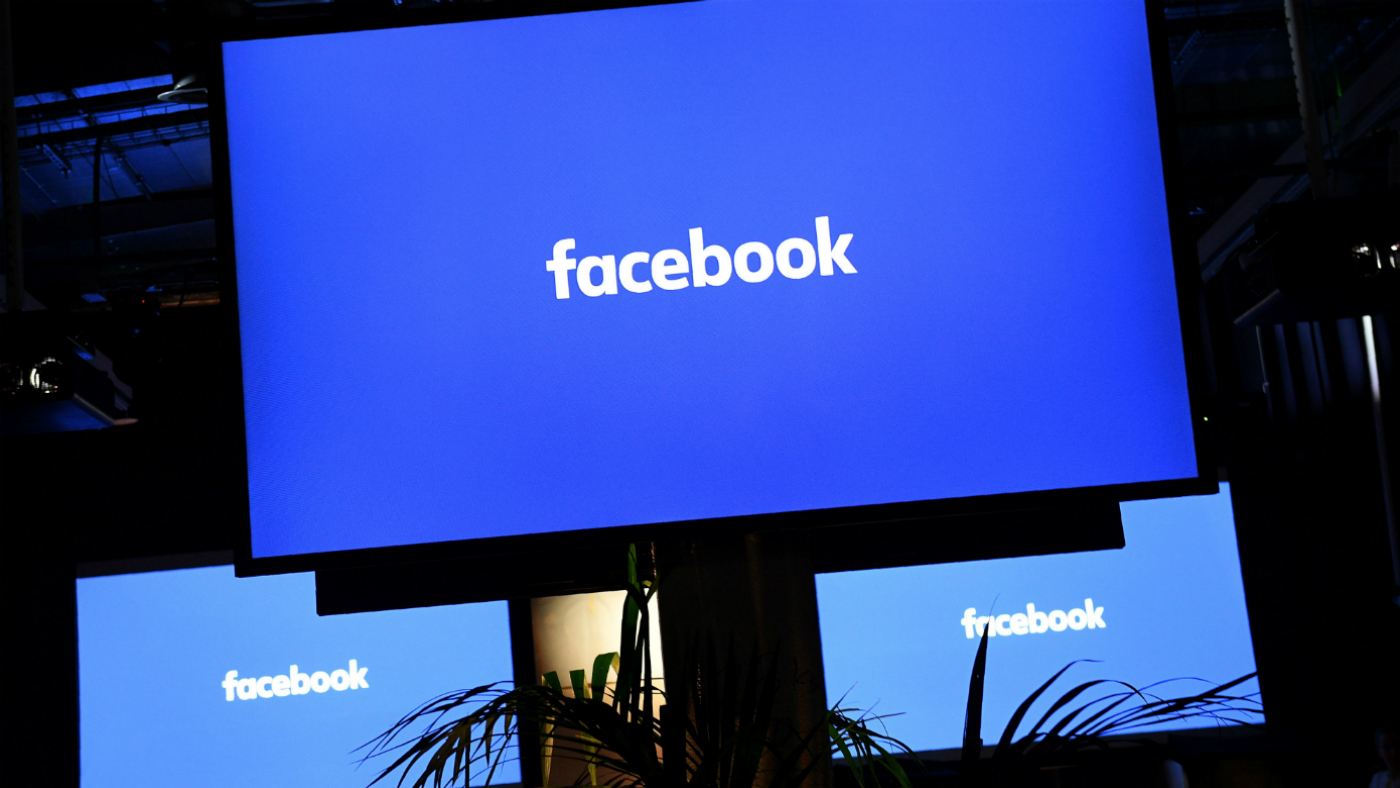Facebook denies targeting 'insecure' young for ads
Social media giant could identify young people needing 'a confidence boost'

A free daily email with the biggest news stories of the day – and the best features from TheWeek.com
You are now subscribed
Your newsletter sign-up was successful
Facebook has hit back at a "misleading" report which claims it exploits the emotional state of young users in Australia for marketing purposes.
According to a document obtained by The Australian, the social media giant says it has the ability to identify "moments when young people need a confidence boost" to assist advertisers.
Facebook has been "monitoring posts and activity from users as young as 14", added the newspaper, and can "pinpoint" feelings of insecurity and "failure". Advertisers could also access information regarding "body confidence" and "working out".
The Week
Escape your echo chamber. Get the facts behind the news, plus analysis from multiple perspectives.

Sign up for The Week's Free Newsletters
From our morning news briefing to a weekly Good News Newsletter, get the best of The Week delivered directly to your inbox.
From our morning news briefing to a weekly Good News Newsletter, get the best of The Week delivered directly to your inbox.
In its response, Facebook said "the premise of the article is misleading" and that it "does not offer tools" to target people in the manner suggested.
It added that its report, which was carried out by an Australian researcher, had been "intended to help marketers understand how people express themselves on Facebook".
However, it continued, the analysis "did not follow" its standard research process and was being reviewed "to correct the oversight".
Alphr says the "damning" report offered a "depressing glimpse at how social networks can leverage the emotions of young people to aid commercial pitches".
A free daily email with the biggest news stories of the day – and the best features from TheWeek.com
In 2014, Facebook conducted a secret study that allowed academics to "change the order of news feeds as part of a physiological experiment", adds the website. It later apologised when critics deemed the research "unethical".
Facebook is also facing further scrutiny over its Live feed after a man streamed the murder of his baby daughter on the site.
The footage was online for nearly 24 hours before it was removed, Reuters reports, with one video gaining 258,000 views.
-
 The Olympic timekeepers keeping the Games on track
The Olympic timekeepers keeping the Games on trackUnder the Radar Swiss watchmaking giant Omega has been at the finish line of every Olympic Games for nearly 100 years
-
 Will increasing tensions with Iran boil over into war?
Will increasing tensions with Iran boil over into war?Today’s Big Question President Donald Trump has recently been threatening the country
-
 Corruption: The spy sheikh and the president
Corruption: The spy sheikh and the presidentFeature Trump is at the center of another scandal
-
 Moltbook: The AI-only social network
Moltbook: The AI-only social networkFeature Bots interact on Moltbook like humans use Reddit
-
 Are Big Tech firms the new tobacco companies?
Are Big Tech firms the new tobacco companies?Today’s Big Question A trial will determine whether Meta and YouTube designed addictive products
-
 Is social media over?
Is social media over?Today’s Big Question We may look back on 2025 as the moment social media jumped the shark
-
 Australia’s teen social media ban takes effect
Australia’s teen social media ban takes effectSpeed Read Kids under age 16 are now barred from platforms including YouTube, TikTok, Instagram, Facebook, Snapchat and Reddit
-
 Trump allies reportedly poised to buy TikTok
Trump allies reportedly poised to buy TikTokSpeed Read Under the deal, U.S. companies would own about 80% of the company
-
 What an all-bot social network tells us about social media
What an all-bot social network tells us about social mediaUnder The Radar The experiment's findings 'didn't speak well of us'
-
 Broken brains: The social price of digital life
Broken brains: The social price of digital lifeFeature A new study shows that smartphones and streaming services may be fueling a sharp decline in responsibility and reliability in adults
-
 Supreme Court allows social media age check law
Supreme Court allows social media age check lawSpeed Read The court refused to intervene in a decision that affirmed a Mississippi law requiring social media users to verify their ages